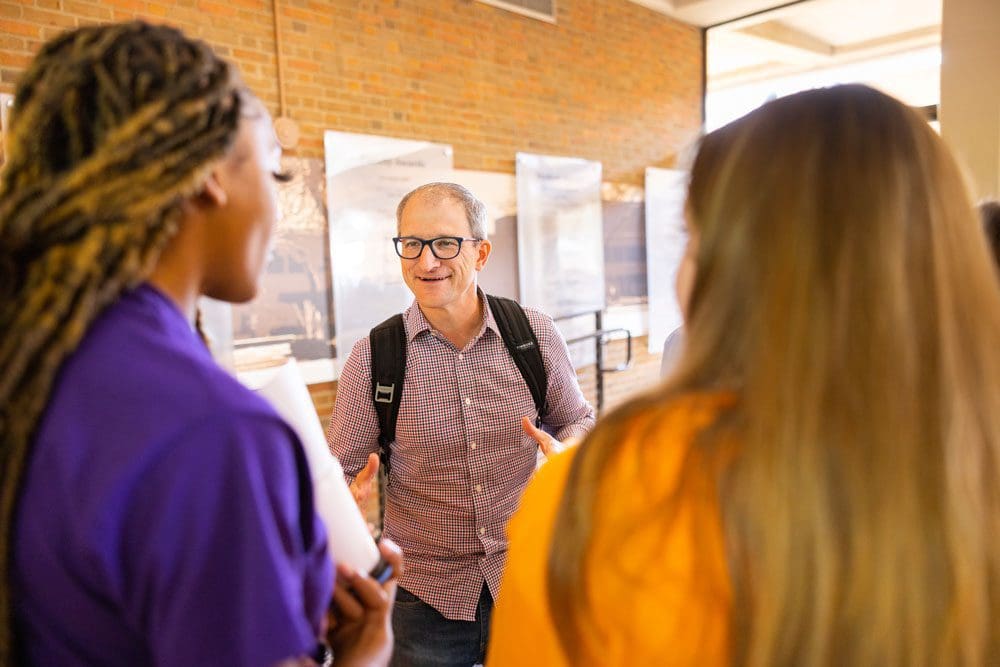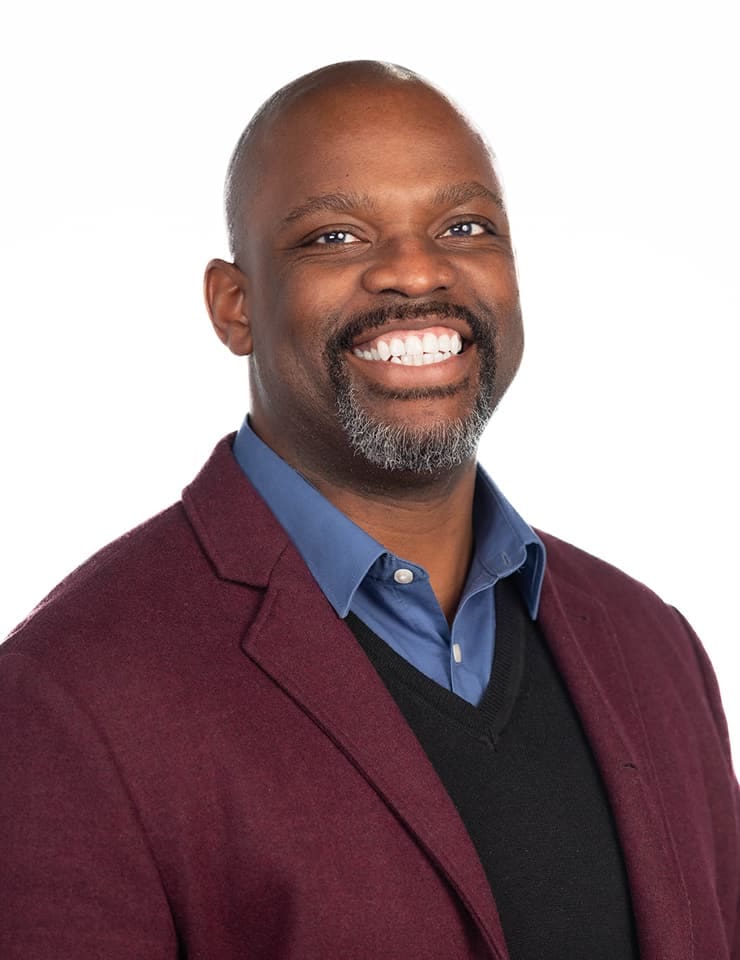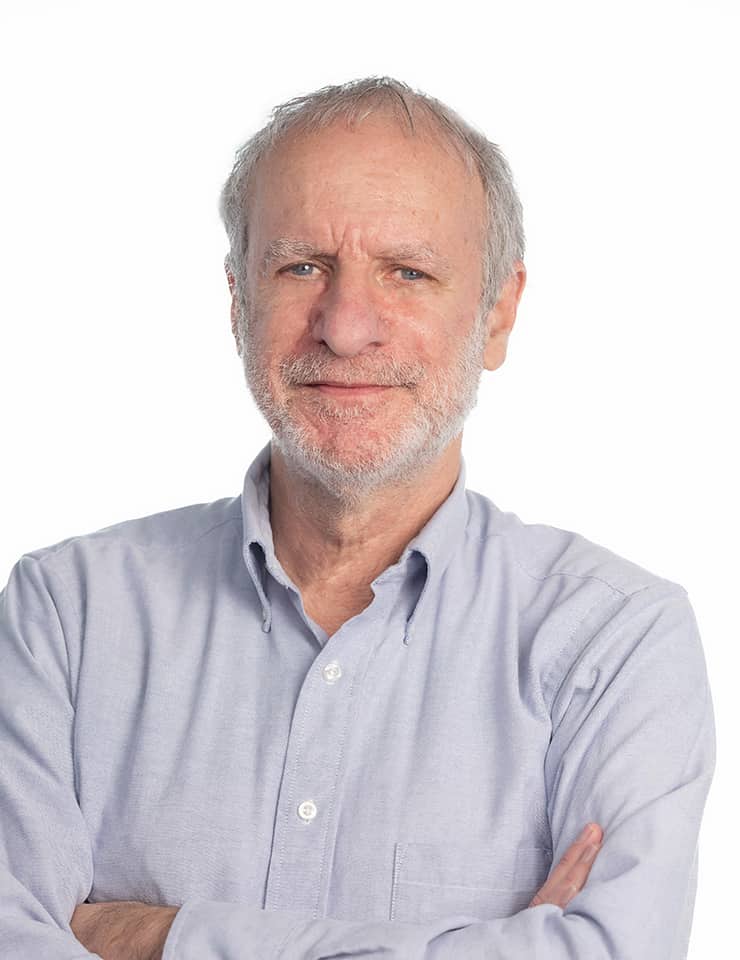
Celebrating Faculty Excellence
As part of our strategic plan, faculty at the School of Journalism and Media are invested in producing high-impact, interdisciplinary research, scholarship, and creative work that creates a more just, prosperous, and sustainable future. This faculty showcase exemplifies the excellence and hard work our faculty invest into achieving this goal.
The School of Journalism and Media’s faculty goes above and beyond to produce stellar research and innovative creative work that truly reflects how we strive to make a positive impact in everything we do.”
Courtney Childers
Interim Director of the School of Journalism and Media

Research
Please note that some articles, books, and other published works may require a subscription. Students and UT employees interested in reading a published piece can seek access through the UT Libraries website, lib.utk.edu.
In AI We Trust: The Interplay of Media Use, Political Ideology, and Trust in Shaping Emerging AI Attitudes
Assistant Professor Shiyu Yang
Using data from a nationally representative survey of U.S. adults, this study explores how trust in key actors to responsibly manage artificial intelligence (AI) develops among members of the U.S. population and how trust, along with other key factors, shapes public attitudes toward AI.

The role of geolocation data in U.S. political campaigning: How digital political strategists perceive it
Assistant Professor Martin Riedl
The use of geolocation data by political campaigns is often the subject of media concern. Research has investigated the role of data in and use by political campaigns, but less attention has been paid to digital political strategists largely responsible for decisions behind the assemblage and mining of voter databases to deliver micro-targeted messages on behalf of political campaigns.

Under the Shadow of Culture and Politics: Understanding LGBTQ Social Media Activists’ Perceptions, Concerns, and Strategies
Assistant Professor Mustafa Oz
This study aimed to explore the perceptions, concerns, and strategies of LGBTQ social media activists in Turkey. Through semi-structured interviews with 20 LGBTQ social media activists, we investigated how they navigate cultural and political challenges and utilize social media for activism purposes.

Exploring the Potential of Comics for Science Communication: A Study on Conveying COVID-19 Vaccine Safety Information to Black Americans
Assistant Professor Shiyu Yang
This study examined the effectiveness of using comics to communicate scientific information on COVID-19 vaccine safety to Black Americans. Although the effects of comics on interest, recall, and information sharing intention were not significant compared to expository texts and infographics, comics featuring abstract, racially ambiguous characters facilitated greater learning among participants with lower knowledge of COVID-19 vaccines, as opposed to comics with realistic representations of Black individuals.

Perceived Social Sanctions and Deindividuation: Understanding the Silencing Process on Social Media Platforms
Assistant Professor Mustafa Oz
This study aimed to understand how social sanctions and deindividuation affect people’s willingness to express their opinions on social media. Previous research has demonstrated that specific affordances of social media platforms may impact opinion expression, but the psychological mechanisms behind this behavior still need to be fully understood.

Political Influencers on Social Media: An Introduction
Assistant Professor Martin Riedl
Influencers are omnipresent on social media platforms. They occupy important digital real estate across a range of topical domains including beauty, fashion, and gaming. While researchers have contributed important work on the respective role that authenticity plays for influencers’ success and have described a burgeoning industry within the larger domain of social media entertainment, comparably little is known about what happens when influencers get involved in politics, when they harness their digital clout to promote political causes and social issues, and thereby become political influencers. This introduction to the special issue on political influencers provides a definition of what makes someone a political influencer.

Using Facebook Messenger versus Groups for News Engagement
Assistant Professor Martin Riedl
For online news organizations trying to improve audience engagement strategies, Facebook Groups and Messenger chats constitute promising avenues. We explore whether these meso news-spaces, with different discourse architectures and group sizes, affect the substance of the discussion and people’s impressions. In this study, we experimentally tested how training and intimate forms of news engagement in small-group discussions on Facebook Messenger compare with larger conversations in a Facebook Group.

How Disinformation on WhatsApp Went From Campaign Weapon to Governmental Propaganda in Brazil
Assistant Professor Martin Riedl
The popular encrypted messaging and chat app WhatsApp played a key role in the election of Brazilian President Jair Bolsonaro in 2018. The present study builds on this knowledge and showcases how the app continued to be used in a governmental operation spreading false and misleading information popularly known in Brazil as the Office of Hatred (OOH).

Another Point of View: Scholarly Responses to the State of Third-Person Research
Professor Julie Andsanger
In this Mass Communication in Society journal article, scholars respond to Perloff and Shen’s article, The Third-Person Effect 40 Years After Davison Penned It. The scholars, which include Professor Julie Andsanger, offer further thoughts on how to measure the phenomenon, where future research is headed, and even whether the effect is real.

Implementing effective digital privacy policy: the road ahead in post-pandemic times
Professor Stuart Brotman
Focuses on how the COVID-19 pandemic has raised even more awareness around the lack of government guidance or oversight in digital privacy protection for individuals. As the lines between using work and personal devices blur, and consumers continue providing personally-identifiable information to commercial providers, the need for both focus and resolve throughout the government to provide workable approaches to enhance digital trust and responsible business practices has increased.
“I Don’t Know How You Get Past That”: Racism and Stereotyping in College Football Recruiting Media
Assistant Professor Guy Harrison
In this Sociology of Sport Journal article, Assistant Professor Guy Harrison and co-authors explore how journalists from sports media outlets perceive the role of race when covering college football recruits. While most of the players are Black, sports media is dominated by White men; this study uses data from interviews with 15 participants who work in the college football recruiting media industry. While some participants adopted a color-blind perspective dominated by a belief that racism no longer exists, most reporters expressed an awareness of racial stereotypes in the sports media and felt a need to address racial inequity. Such awareness presents an opportunity for anti-racist training that may help media members avoid racial stereotyping and address racism in the field.

Intolerant versus uncivil: Examining types, directions and deliberative attributes of incivility on Facebook versus Twitter
Assistant Professor Mustafa Oz
In this First Monday article, Assistant Profssor Mustafa Oz and his co-author attempt to understand incivility, intolerance, and deliberative attributes on social media. Instead of solely focusing on incivility, this study distinguished incivility from intolerance and examined these two concepts in the context of public comments on two social media platforms. More specifically, in the study, they conducted content analyses to examine whether uncivil and intolerant comments vary based on platforms and topic sensitivity, as well as the relationship between uncivil and intolerant discourse and deliberative attributes.

Creative Work
Eyes on LaFollette
Professor Rob Heller
Eyes on LaFollette is an annual photography project by Professor Robert Heller featuring three decades of work done by students in the advanced photojournalism class at the University of Tennessee, Knoxville. Every year, Heller takes students to the same East Tennessee city to document their everyday lives.

JobPop Series
Professor Nicholas Geidner
Land Grant Films has partnered with East Tennessee PBS to provide educational programming designed to reach a younger audience. The series introduces children to jobs they may find interesting and explains what each profession does.

Information Integrity Institute
Professor Catherine Luther
Professor Catherine Luther is taking the helm of the Information Integrity Institute’s as its inaugural director. The institute’s focus is to increase research opportunities and provide a place for more interdisciplinary work within our own college. It’s driven by the diversity of what our faculty study and research.
